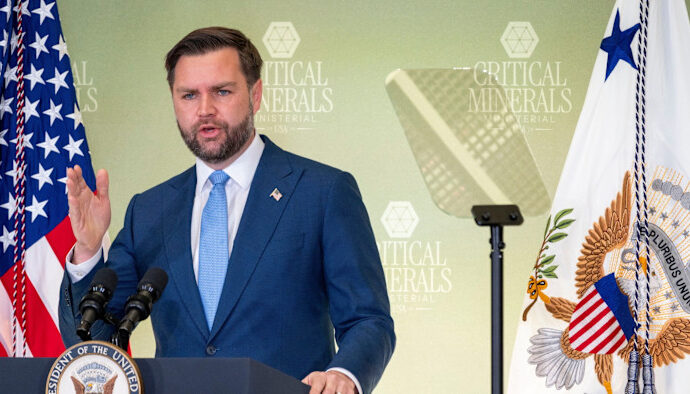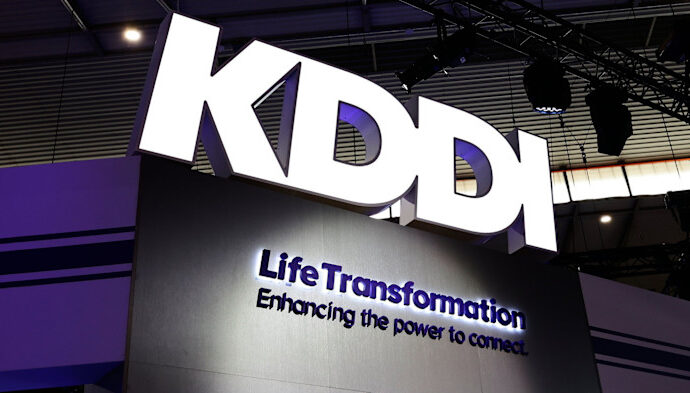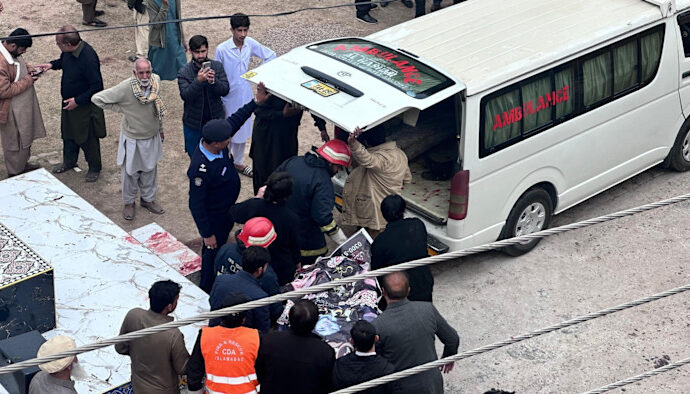Unlock the Editor’s Digest for free
Roula Khalaf, Editor of the FT, selects her favourite stories in this weekly newsletter.
This article is an on-site version of our FirstFT newsletter. Sign up to our Asia, Europe/Africa or Americas edition to get it sent straight to your inbox every weekday morning
Good morning. Container shipowners increasingly abandoned one of the world’s busiest trading routes yesterday amid mounting attacks from Iranian-backed rebels in the Red Sea.
AP Møller-Maersk, which operates the world’s second-largest container shipping fleet, became the latest to reroute its vessels around Africa via the Cape of Good Hope because of the “highly escalated security situation”.
Houthi leaders have said their campaign is in response to Israel’s offensive against Hamas, which is also backed by Iran. There have been more than 10 attacks on ships in the area since the conflict began, and the US navy has reported thwarting at least as many drone strikes.
Taiwan-based Evergreen Marine also said this week it had “decided to temporarily stop accepting Israeli cargo with immediate effect”, and instructed its container ships to “suspend navigation through the Red Sea until further notice”.
The attacks in the area risk disrupting global supply chains that depend on the Red Sea and the Suez Canal. The waterway accounts for 30 per cent of all container ship traffic and is a vital conduit for crude oil shipments. Here’s more on the potential disruptions.
US response: The Pentagon has convinced more than a half dozen allies to join a strengthened naval task force in the Red Sea as attacks mount.
Israel-Hamas war: Israeli President Isaac Herzog has said his country is open to agreeing a new temporary truce with Hamas to secure the release of hostages held by the Palestinian militant group in Gaza.
And here’s what I’m keeping tabs on today:
Monetary policy: The People’s Bank of China is widely expected to leave its loan prime rate unchanged. (Reuters)
Japan: Toshiba is expected to delist from the Tokyo Stock Exchange, ending the Japanese electronics company’s 74 years as a listed business.
Election: The Democratic Republic of Congo, sub-Saharan Africa’s largest country by area, holds general elections. Here’s what’s at stake.
Five more top stories
1. Xi Jinping has pressed officials to undertake an “all-out” search and rescue effort after an earthquake in China’s north-west killed more than 118 people and left hundreds more injured. While the full extent of the damage in Gansu was still emerging, state television showed rubble-filled streets and rescuers pulling survivors from collapsed buildings.
2. Nippon Steel’s $14.9bn purchase of US Steel is facing a bipartisan political backlash in Washington, with prominent lawmakers vowing to scrutinise the deal and have it blocked by the Biden administration on national security grounds. Here’s why the burgeoning firestorm could pose a political dilemma for President Joe Biden.
3. The Bank of Japan has held off on lifting negative interest rates, sending the yen lower as its governor said it was in no rush to change its policy as the US Federal Reserve considers cutting rates. The BoJ, which wants to ensure a lasting end to Japan’s decades of deflation, is the only major central bank to maintain interest rates below zero.
4. Ukrainian army chiefs have asked Volodymyr Zelenskyy to mobilise up to 500,000 people, including through conscription. Kyiv is gearing up for a protracted war of attrition against Russia next year, but the Ukrainian president said he had not yet made a decision on what was a “very sensitive issue”.
Related: US Senate negotiators have given up on passing a deal this year to provide billions of dollars in war funding for Ukraine, starting their holiday recess and pushing talks into January.
5. Emmanuel Macron’s government was thrown into crisis yesterday as the French president’s centrist alliance splintered and several of his ministers threatened to resign over a proposed immigration reform. Macron called an emergency meeting with prime minister Élisabeth Borne and interior minister Gérald Darmanin just hours before a crucial parliamentary vote on a toughened version of the reform.
FT Person of the Year
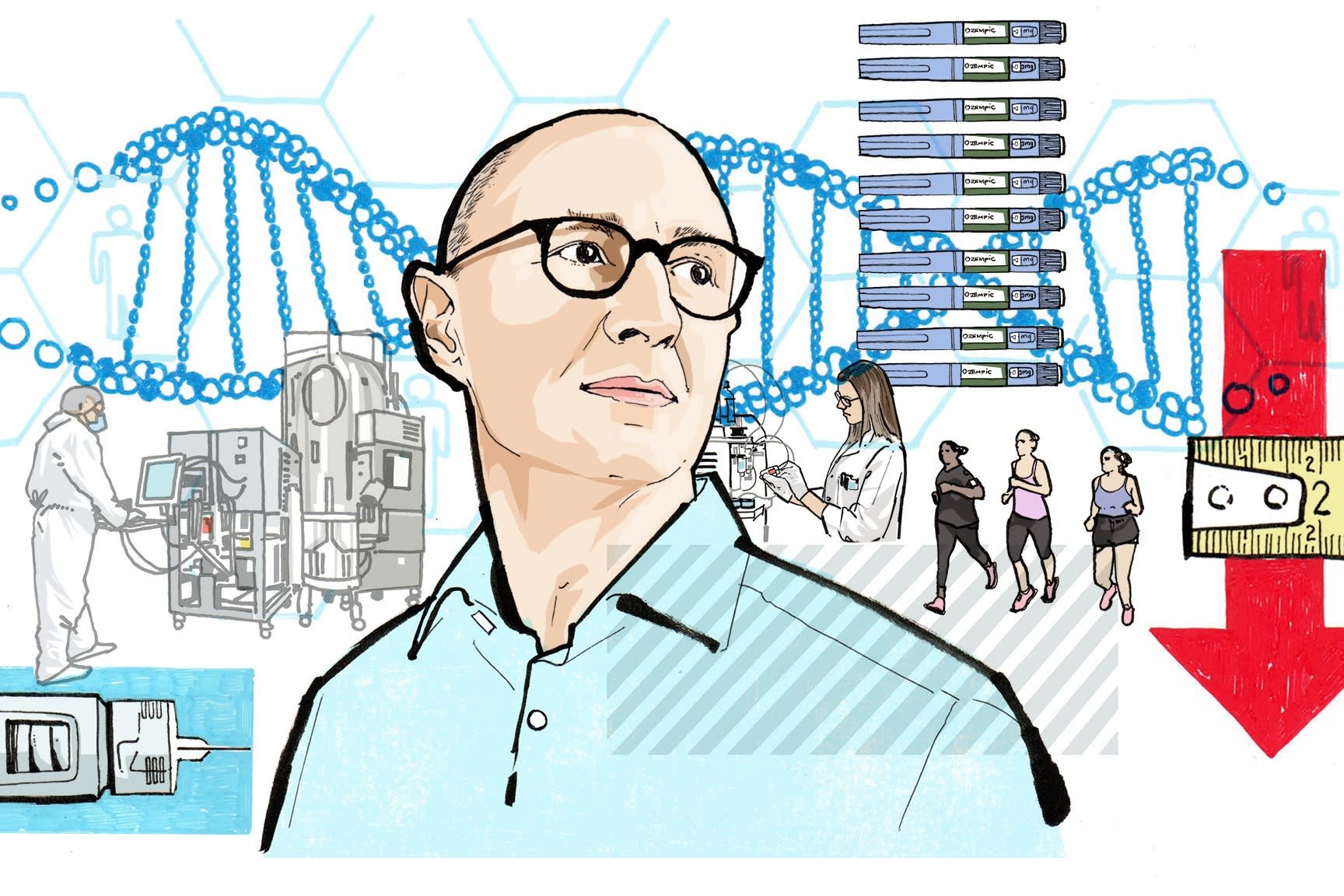
Before Wegovy and Ozempic, the only truly effective treatment for obesity was bariatric surgery, which is expensive and sometimes risky. Now, the readily available drugs could have a profound impact on healthcare, society and our relationship with food. Lars Fruergaard Jørgensen, chief executive of Danish drugs group Novo Nordisk, the company that produced the game-changing treatments, is the FT Person of the Year.
We’re also reading . . .
Chart of the day
The rate at which extreme poverty is falling has slowed alarmingly, and in the countries that contain most of the world’s poorest people, it has simply stalled. The rich world needs to act, writes Martin Wolf in his latest column.
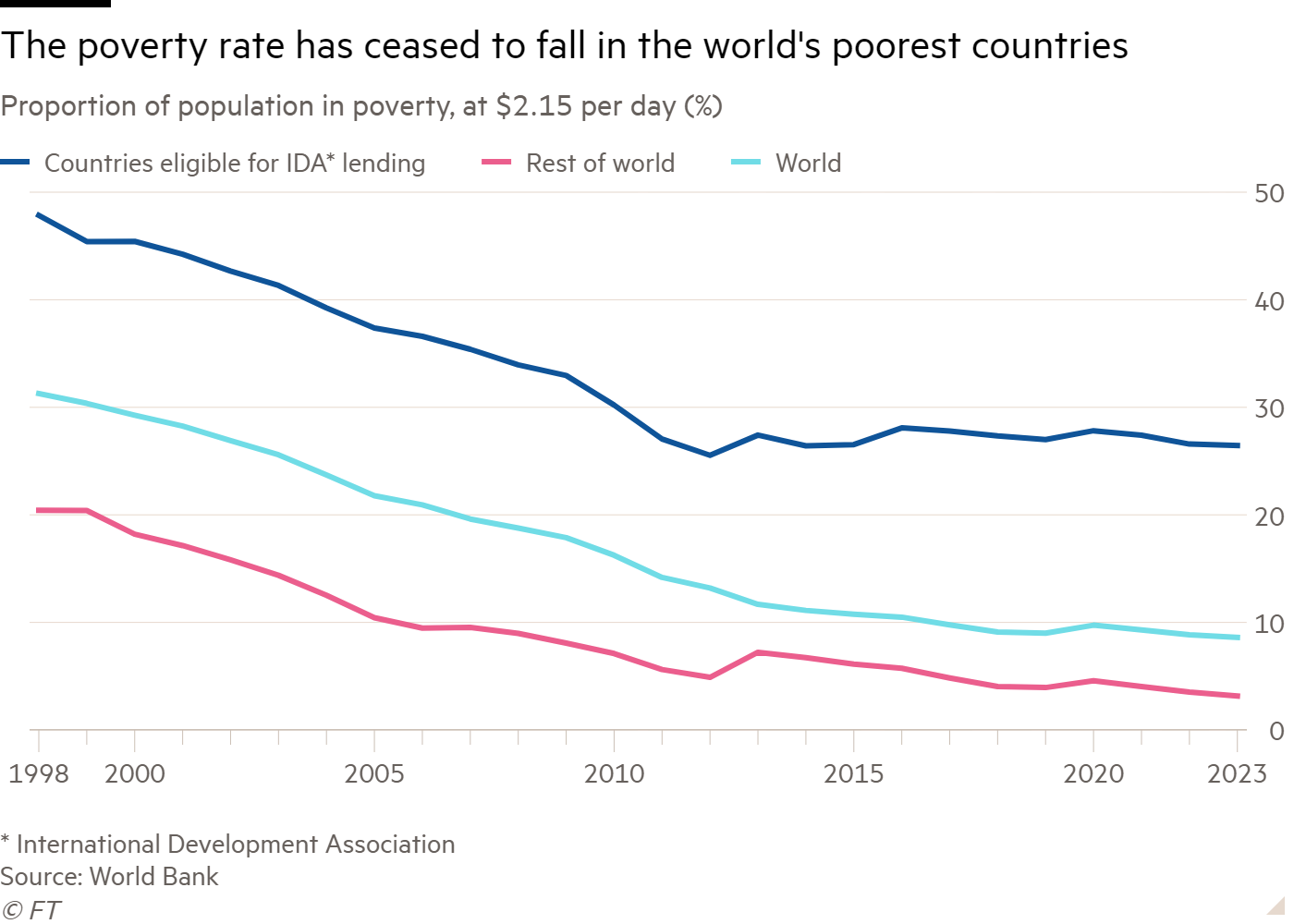
Take a break from the news
. . . and go inside the rich visual world of Hayao Miyazaki and Studio Ghibli. Japan’s godfather of animation is back with his latest film The Boy and the Heron, which soared to number one at the North American box office on its release.
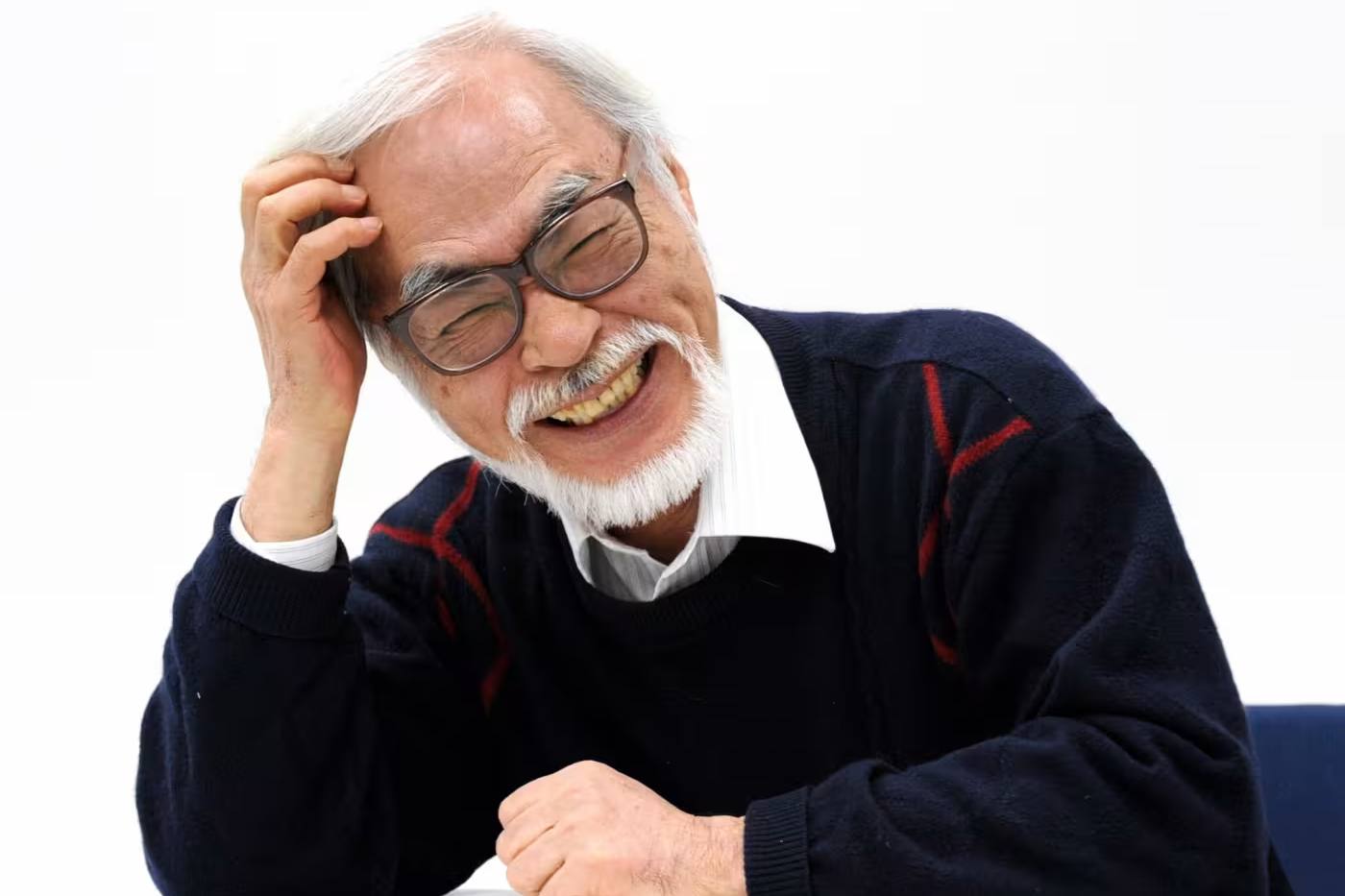
Additional contributions from Tee Zhuo and Gordon Smith
